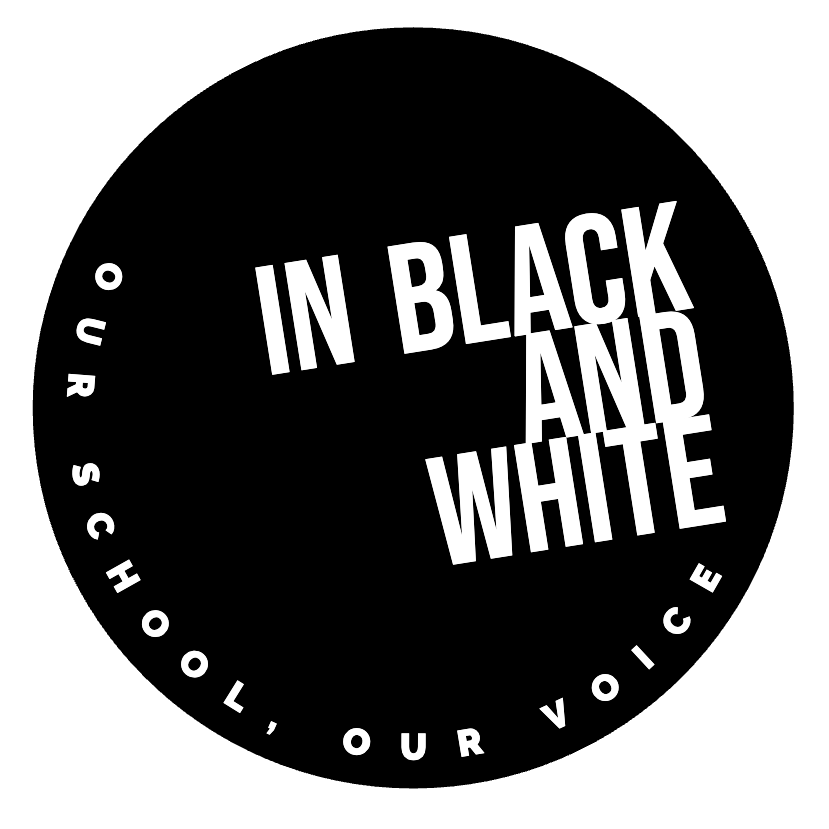In the hallowed halls of the War Memorial block, there is the debating program of Newington College. Debating, in essence, is an organised argument where two teams of three argue that their idea is right, and more important than the opposition. There is a topic, like ‘That we should ban single-use plastics’, and allocation of an affirmative (which supports the topic) as well as the negative (that doesn’t support the topic). They are given a prep room where they brainstorm ideas, write their points (reasons that argue for their point of view) and prepare for the debate. There are speaker roles, first speaker introduces their side and points, also rebutting if it is negative. Second speaker rebuts the other team, introducing points or further backing up. first speaker. Third speaker only rebuts the other team, summarising their team’s point and presenting the final case. There are techniques like impacting, weighing and rebuttal, to make the arguments of the opposition weaker. The timed conditions means a lot of the parts of the speeches are done on the spot, making for a rapid, passionate, and highly exciting debate. I interviewed debating captain Declan Carmichael to get further insight into this prestigious program.
Q: Does debating make you better at winning arguments?
A: Absolutely. I think debating helps you with winning arguments in everyday life, with your mum about doing the chores, or with your teachers. You can certainly win more arguments.
Q: What should those who aren’t in the debating program know about it?
A: They should know that debating is actually a good life skill; something that applies to a multitude of things, more than just debating. It teaches you how to construct arguments, write essays, and public speaking.
Q: What is something you’ve been proud of during your time as Captain of Debating? Any notable achievements?
A: For the first time ever, we are making a debating sendoff video. It’s the first time in Newington history a co-curricular has ever done sendoff video. So it’s a big achievement, that gets debating the recognition I think it deserves.
Q: What are some of the best skills or techniques that you use in debating?
A: From the public speaking perspective, being clear and articulate, being concise, not having convoluted arguments, being able to think on your feet, providing reasoning with examples. Those are all very important in debates.
Q: What is the easiest or most difficult debating topic you can think of?
A: Some of the best topics are to do with education. Quite a difficult one is, ‘That all single-sex schools should be banned’, as obviously at Newington we don’t have a lot of experiences with not being a single-sex school. An easy topic would be something that is simple and applies to everyone, like ‘That all schools should have uniforms’.
Q: Many people in debating have opinions on a debating topic. And when they get the negative of a debate like, ‘Animal testing should be banned’ and they are anti-animal testing, and now they have to argue for it. How does that affect the debate? Does your perspective on a topic ever change or evolve after doing a debate?
A: One of the best things about debating is you become educated about issues. Sometimes you argue against your own personal belief. That’s good for opening your eyes to different perspectives and different issues. Overall that makes you more educated, well rounded, and more able to understand other people’s perspectives. But of course it is difficult to go against your own beliefs in a debate.
Q: Is learning about current affairs important?
A: Your ability to learn about current affairs is indeed important. It’s very beneficial just to be in a random conversation and being able to talk and elaborate about a certain issue. Our ability to learn certain facts that you can impress people with is a great thing about debating. It encourages being very well-versed.
Q: How would you handle disagreements or differences of opinion within the team in the prep room?
A: Of course in the debating prep room, it is quite chaotic. There are different perspectives, arguments that they would run, and think are more important than other ones. Everyone’s competitive, about who is right and which points are important. So you should elaborate on your ideas, collaborate with one another and cooperate to make your team win.
Q: If you could have a debate with any historical figure, who would it be and what topic would you choose to discuss?
A: Che Guevara, Michael Marokakis, and Winston Churchill. I would talk with Winston Churchill especially about the outbreak of the war and his ideas of appeasement, so quite contentious historical debate.
Thank you to Declan Carmichael for talking with In Black and White
